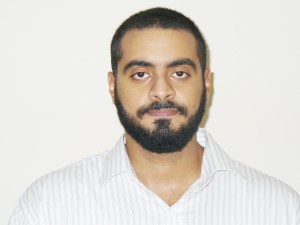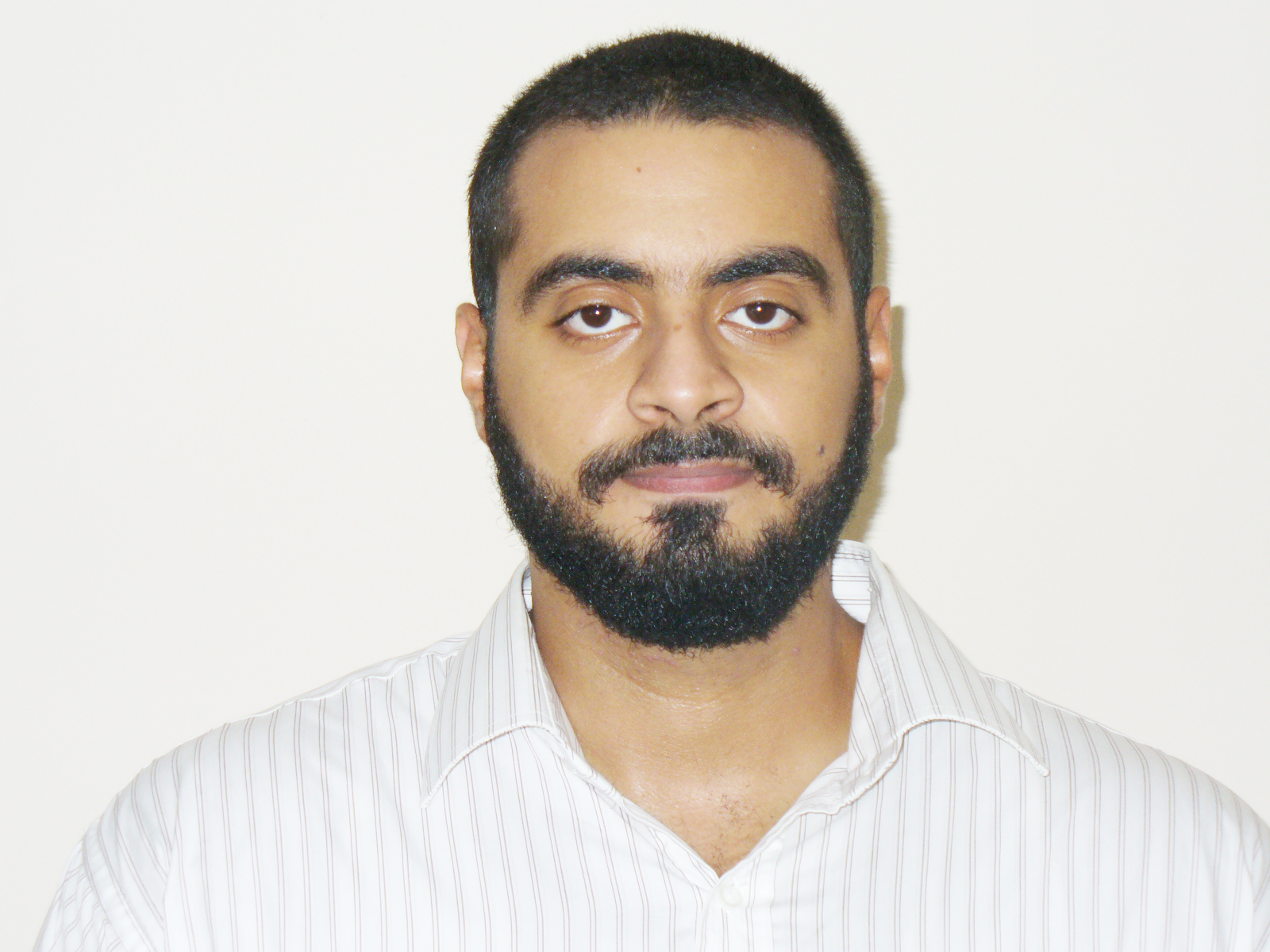 The United States has probably started on the bad side of Syria by putting “Al-Nusrah Front” on the list of terrorist organisations. There are legitimate fears and concerns that neighbouring countries and the west have over the destabilisation of an already volatile region. However, insisting on delegitimizing Al-Nusrah will only complicate matters worse.
The United States has probably started on the bad side of Syria by putting “Al-Nusrah Front” on the list of terrorist organisations. There are legitimate fears and concerns that neighbouring countries and the west have over the destabilisation of an already volatile region. However, insisting on delegitimizing Al-Nusrah will only complicate matters worse.
The world did nothing; it just stood by as Syria was being pounded by Bashar armies and watched as civilians were being killed on a daily basis. For a long time, Syrian revolutionaries and its oppositional figures in exile had been asking for Western and Arab intervention, even if only in the form of a creating a no fly zone.
Syrians insistently kept asking for help from Western powers, the United Nations and other Arab states, even aiming their themed protests at Russia, but their calls were completely ignored. Eventually, Syrians lost hope of any tangible foreign intervention, including Russia, China and Iran observing the conflict with a sense of humanity. Syrians became solely dependent on their poorly equipped civilians-turned-amateur soldiers. It is understandable that the conflict has extremely high risks for any foreign direct intervention, given its global proponents.
The Al-Nusrah Front has turned itself into a household name, being one of the most organised, most disciplined and effective groups, thus attaining popular support. Al-Nusrah has been able to gain key strategic, heavily secured areas, including at least one military airport. They are also well known for leaving behind all civilian valuables after battles, along with their black flags and showy videos of their achievements. Unlike some other rebel groups, Al Nusrah has zero tolerance for corruption in its ranks. It does not profit from this war and is not locally associated with Al-Qaeda.
It is no wonder then, that 29 oppositional groups have signed a petition calling for protests in support of Al-Nusrah, groups which included rebel brigades and civilian committees. Friday14 December, witnessed mass protests in every Syrian province calling the day, “No terrorism in Syria except Bashar’s Terrorism,” which was a direct reply to the American administration.
In Morroco’s latest Arab meeting regarding Syria’s turmoil, many who spoke with Al Jazeera said the U.S administration’s latest statements on Al Nusrah were unwise and unacceptable to the Syrian people. This included Wael Merza, Secretary of the Syrian National Council, who spoke to Al Jazeera.
The latest move by the U.S is largely seen as a last moment attempt to meddle with the outcome of the Syrian crisis. It is in everyone’s interest for it to be a peaceful transition. Although those on the ground will have the biggest say. Furthermore, it is highly unlikely the oppressed Sunni majority which has seen the highest death tolls in this revolution will settle for a half-hearted position in post-Bashar Syria.
The Russian regime has certainly been delusional the whole time, until recently; when formal statements have been frank about the upcoming loss of their tyrant ally. Russia certainly had its chance, early on in the revolution, to withhold its support for Bashar when it met with Syrian oppositional figures.
It would not be farfetched to say Russia may well have lost everything in Syria, including the possibility of keeping its naval base in Tartous. Perhaps the only card Russia can use to its advantage is intelligence about Syria’s chemical weapons, if it has any that is.
Jordan, which is already on the verge of a revolution, has quickly taken an initiative it is wary of in Syria. In Amman on 15 December, “The Free National Union” announced its formation and aims to work with other oppositional groups. The Union is headed by ex-members of the Syrian regime including former Prime Minister Riyad Hijab.
It is highly unlikely that emboldened Syrian revolutionaries will accept this gathering since it is mostly comprised of previous pro-Bashar, recently-turned-dissidents; given that Jordan is already on the opposite side of the Arab Spring and the negative experiences of the Arab Spring countries with previous regime cronies.
It is probably best for the US to stay away from direct intervention in the conflict and let Turkey, Qatar and other Arab states settle Syria for a transition that is acceptable to its people and producing a system that will stabilise the country and guarantee Syria does not export any woes to its neighbouring countries.
As Bashar is about to face his demise, either fleeing or getting killed; the coming days will show how the scattered groups will solidify into bigger organised gatherings. The region is certainly volatile and it is crucial that the appropriate mediators intervene and do not allow inappropriate ones to be part of the problem.



